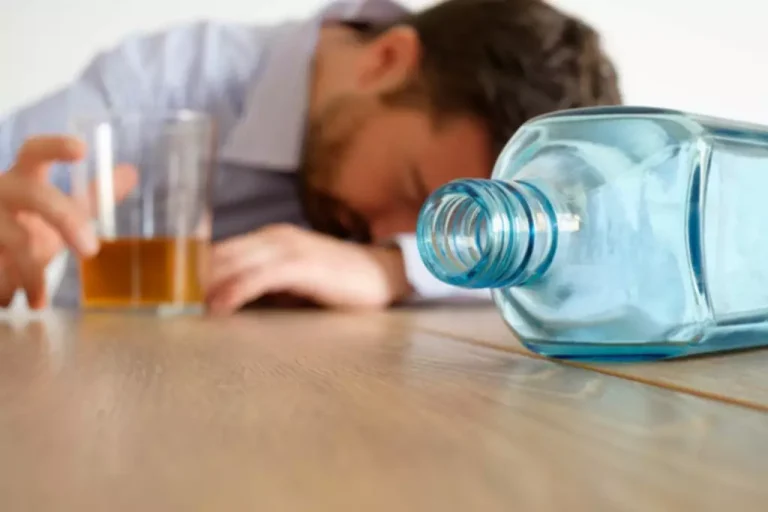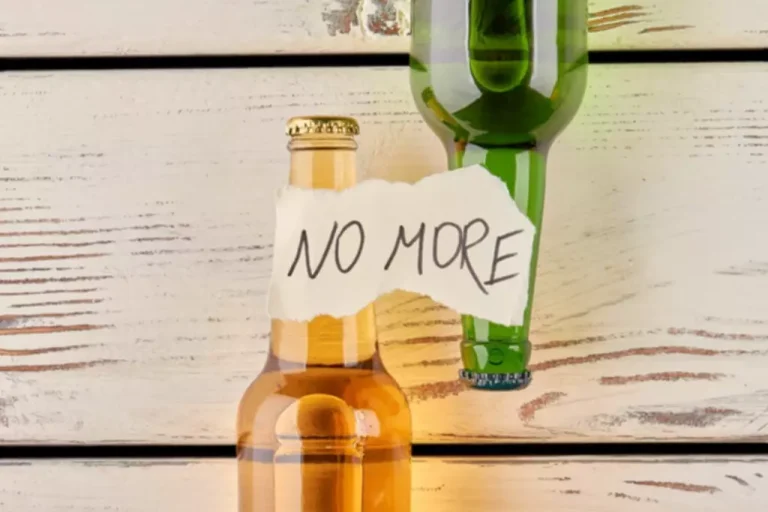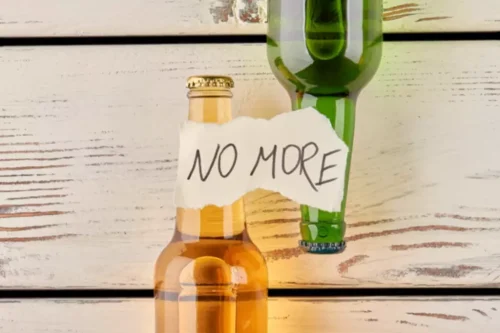
Sugar cravings in recovering alcoholics may be influenced by underlying factors such as the impact of alcohol on the brain and genetic predispositions 5. Addressing these underlying issues is crucial for effectively managing sugar cravings. It’s important for recovering alcoholics to be aware of the link between sugar cravings and alcohol withdrawal symptoms. They can manage their cravings by consuming fruits or other complex carbohydrates, which satisfy their sweet tooth and provide essential nutrients for overall health. In summary, the inherent dangers of sugar addiction in alcoholics underscore the importance of addressing both alcohol and sugar addiction in the recovery process. A comprehensive approach to addiction recovery should therefore incorporate strategies to manage both alcohol and sugar cravings.
- Individuals with alcohol use disorders may experience increased dopamine release due to the effects of alcohol on the brain’s reward system.
- Alcohol consumption can have an impact on blood sugar levels, which may contribute to the sugar cravings experienced by recovering alcoholics.
- If we accept that low glucose levels induce cravings, this spells potential disaster when using sugar as a substitute.
- When they eliminate alcohol, they may seek sugar as a means of filling the emotional void left behind.
- The researcher brought two covered trays into the testing room and removed the cover off one tray to first reveal a water bottle and an empty glass (neutral cue used to acquire baseline alcohol cravings).
Healthy Alternatives
While replacement rewards are a viable strategy incorporated into most treatment methods, they do not address the root cause of addictive disorders. To fully resolve the root causes of addiction, you need professional support. Mixed drinks often contain large amounts of additional sugar, but the alcohol itself does not contribute to your sugar Drug rehabilitation intake. However, all alcoholic beverages contain a significant number of calories and have little to no nutritional value.

Strategies to Reduce Sugar Cravings
Seeking support from healthcare professionals, counselors, or support groups can provide valuable guidance and assistance in managing sugar cravings. These resources can help individuals navigate the challenges of recovery and develop strategies to overcome cravings. Additionally, addressing any emotional or psychological factors that contribute to sugar cravings through therapy or counseling why do alcoholics not like sweets can be beneficial.
In Recovery, Sometimes You Fake It Until You Make It

In fact, sugar can stimulate the pleasure center in the brain as strongly as drugs like cocaine, and sometimes even more so than alcohol and drugs. Last, among women with AUD, stress and drinking to cope are stronger predictors of drinking and relapse than among men (Nolen-Hoeksema, 2004; Peltier et al., 2019). Eating disorders are also a common AUD comorbidity among women (Gadalla & Piran, 2007), and use of sweets and alcohol to cope – as well sweet liking – may prove shared risk mechanisms underlying these sequelae. Indeed, use of sweets to cope was reported greater among women in the validation sample for the STQ than among men (Kampov-Polevoy et al., 2006). The relationship between alcohol addiction and sugar cravings is complex and multifaceted.
What Happens in Drug Rehab? An Overview of the Recovery Process
I hoped that pursuing a sober lifestyle—cutting out my cocktails and wine—would help. While these genetic factors play a role, it’s important to note that the development of alcohol use disorder (AUD) is a complex interplay of genetic, environmental, and behavioral factors. Understanding the genetic predispositions can help in tailoring interventions and treatments for AUD. Explore effective ways to reduce alcohol use, understand health risks, and discover treatment options. Detoxing from alcohol at home includes consulting with a healthcare provider, setting up a supportive environment, managing withdrawal symptoms, and reaching out for professional assistance if necessary. Drug rehab involves a structured process of assessment, detoxification, therapy, life skills development, and aftercare to support individuals in overcoming addiction and achieving lasting recovery.
- Alcoholism is a complex condition that affects individuals in varied and profound ways.
- This decrease can lead to a desire for foods that can boost these neurotransmitters, such as sugar-rich foods.
- However, it is important to approach sugar cravings mindfully and choose healthier options when satisfying those cravings.
- Alcohol contains sugar, and the brain’s response to alcohol can lead to an increased appetite for sugary foods and beverages.
- Specialists in addiction are emphasizing the importance of nutrition in recovery, suggesting that eating a whole foods plant-based diet can help stabilize blood sugar levels and reduce sugar and alcohol cravings.
The result is a large surge of dopamine in the brain that can make someone want to repeat negative behaviors, like substance use, in order to chase the pleasurable feeling they experience. When struggling with hypoglycemia, you’re left with symptoms like irritability, aggression, headaches, dizziness, confusion, lack of concentration and impulsive decision-making. Your body needs to right itself as quickly as possible, leading to sugar cravings. It’s natural to assume that you crave sugar after quitting alcohol because your body has become acclimated to the high sugar content found in most alcoholic beverages. Sugar is also rewarding to the brain and is a quick fix, just like alcohol was.
The Benefits of Individualized Therapy in Addiction Treatment
Addiction professionals are incorporating a holistic treatment approach that emphasizes the mind-body connection in recovery, which includes paying attention to food as part of the treatment process. Unfortunately, giving in to these sugar cravings during alcohol withdrawal can actually make the symptoms worse in the long run. Consuming large amounts of sugar can cause blood sugar levels to spike and then crash again quickly, leading to even more intense cravings and worsening withdrawal symptoms. If an alcoholic is looking for help with their sugar addiction, there are a few options.
- By finding a balance between addressing sugar cravings and maintaining overall health, individuals in recovery can manage their sugar intake effectively.
- Alcohol use disorder can have a significant impact on the body’s nutrient levels, leading to various nutrient deficiencies.
- Avid consumers of televised programming have probably seen the M&M commercials in which sugar-high chocolate addicts threaten the lives of sentient beings just to get their next fix.
- Discover why alcohol gives you night sweats and learn effective ways to manage and prevent them.
One of the overlooked areas in this process is the role diet plays in recovery. This section delves into how nutrition impacts mental health in recovery and why managing sugar intake is crucial for those recovering from alcohol addiction. Alcohol consumption increases dopamine release in the brain, leading to a craving for substances that can replicate or enhance these pleasurable effects, including sugary foods and beverages. Balancing sugar intake in recovery is essential for maintaining overall health and supporting long-term sobriety.

Additionally, consuming too much sugar can interfere with the body’s ability to effectively metabolize alcohol, which can lead to an increased risk of developing liver damage. Implementing these strategies can aid individuals in managing cravings for sugar while on their recovery journey. By focusing on a balanced lifestyle, they can work towards breaking the cycle of addiction and fostering a healthier future. Many individuals may not recognize this pattern and may find themselves caught in a cycle of replacing one craving with another. Awareness of emotional triggers and effective coping strategies can help become key elements in managing cravings for both alcohol and sugar. Understanding the connection between nutritional deficiencies and cravings is crucial in addressing issues related to alcoholism and sugar consumption.
